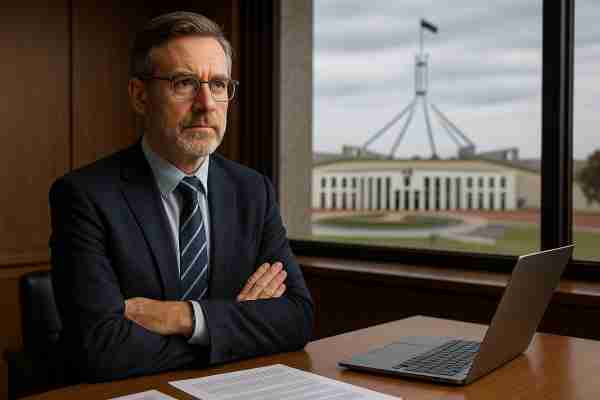James Hale, an economist from Canberra, dedicated his entire career to analyzing fiscal policy. When the U.S. enacted radical tax reforms in 2017, he couldn't foresee that his own country—Australia—would soon be at the heart of global change. He observed how American reforms affected capital movement and triggered a global economic reaction. James realized Australia would need to make key decisions. As an advisor to the Ministry of Finance, he helped develop a national response strategy. Initially, Australia followed the U.S., reducing taxes for small and medium businesses. This move pleased entrepreneurs but worried social analysts. Budget revenues were falling while expenses on healthcare and education were rising. James remained cautious. He favored sustainability over populism. Within three years, it became clear that aggressive tax competition had not delivered. Large corporations weren’t investing in the real economy, and inequality was growing. In 2020, James’ team proposed the “tax plateau” concept—a stage where the system reaches optimal balance. The idea gained traction. The new course focused not on further tax cuts but stabilization, emphasizing environmental and social reforms. Green project incentives, carbon taxes, and digital startup subsidies were introduced. For James, this was a time of accomplishment. He didn’t just inspire policy—he saw his proposals take shape. He was often invited to speak at international conferences. His speech at the 2024 Asia-Pacific Forum gained attention, with many countries expressing interest in Australia's model. By 2025, Australia maintained a stable budget and improved education, ecology, and tech sectors. Sitting in his office overlooking Parliament Hill, James knew that choosing maturity over popularity had paid off.
At the Edge of Reform: The Story of James from Canberra

Published : 09.07.2025
